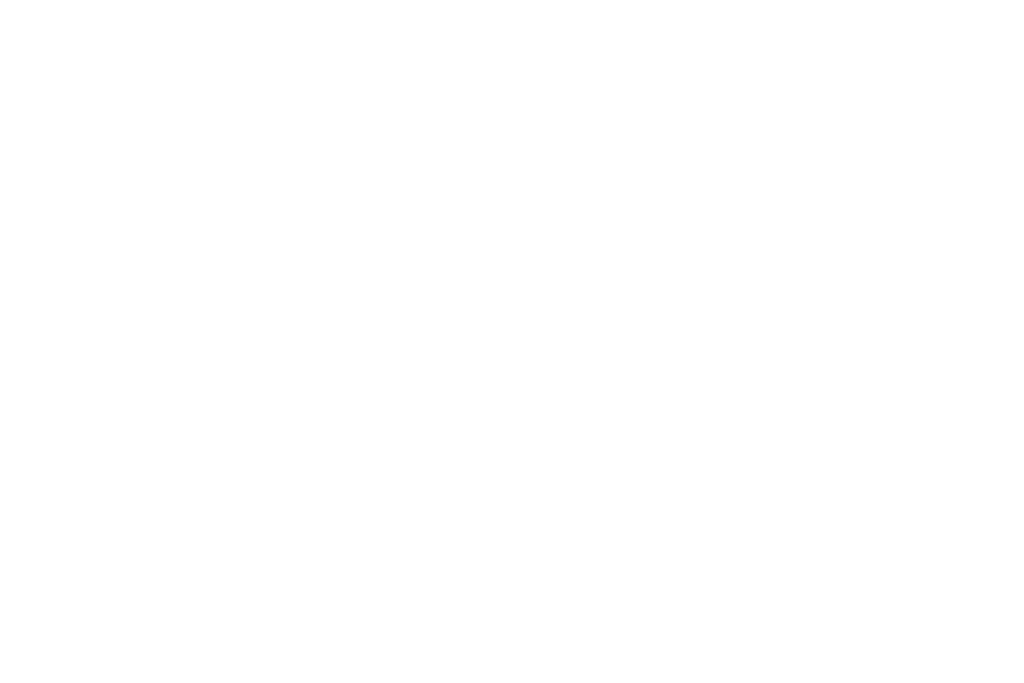UN, EU call for protection of journalists on World Press Freedom Day
The United Nations (UN) and European Union (EU) both issued statements yesterday to mark World Press Freedom Day, calling on governments and world leaders to defend and promote freedom of the press, and to protect journalists around the world.
The United Nations (UN) and European Union (EU) both issued statements yesterday to mark World Press Freedom Day, calling on governments and world leaders to defend and promote freedom of the press, and to protect journalists around the world.
UN Secretary-General António Guterres remarked: “Journalists go to the most dangerous places to give voice to the voiceless.
“Media workers suffer character assassination, sexual assault, detention, injuries and even death.
'We need leaders to defend a free media. This is crucial to counter prevailing misinformation.' – UN Secretary-General, António Guterres
“We need leaders to defend a free media. This is crucial to counter prevailing misinformation. And we need everyone to stand for our right to truth.
“On World Press Freedom Day, I call for an end to all crackdowns against journalists – because a free press advances peace and justice for all. When we protect journalists, their words and pictures can change our world.”

High Representative Frederica Mogherini issued a statement on behalf of the EU.
“Free press is vital for having a democracy that works. Today we celebrate the World Press Freedom Day in a difficult context for journalism. Freedom of expression and Freedom of the press are under increasing attacks around the world. Free, diverse and independent media are indispensable to promoting and protecting democracy worldwide. A free press and freedom of expression are among the very same foundations of democracy, contribute to stable, inclusive, and resilient societies and can help defuse tensions and contain conflicts. The EU supports the implementation of the 2030 Agenda for Sustainable Development, which includes ensuring universal access to information and protection of freedom of expression.
'By facilitating the free flow of quality and well-researched information on matters of public interest, and by acting as the “public’s watchdog”, independent media are the basis of a participatory democracy…' – EU High Representative Frederica Mogherini
“Supporting independent, quality and ethical journalism is essential. By facilitating the free flow of quality and well-researched information on matters of public interest, and by acting as the “public’s watchdog”, independent media are the basis of a participatory democracy and a tool to make governments accountable for their actions. The EU ensures that respect for freedom of expression is integrated in all EU policies and development programmes. The EU is notably funding specific projects in third countries enhancing quality of journalism, access to public information and freedom of expression. Since June 2015, the EU has supported at least 45 endangered Human Rights Defenders that promote the right of freedom of expression under its small grant scheme.
“The EU condemns the increase of threats and violations against journalists and media professional offline and in cyberspace. All states are expected to fulfil their global obligations to protect freedom of expression and the safety of journalists by providing a supportive legal environment and prosecuting all attacks against journalists. The EU consistently opposes – in bilateral contacts with third countries as well as in multilateral and regional fora – any legislation, regulation or political pressure that limits freedom of expression and takes concrete steps to prevent and respond to attacks against journalists and bloggers.
“The EU Guidelines on Freedom of expression online and offline, adopted in 2014, (and their continued implementation), reaffirm the EU's determination to promote freedom of opinion and of expression as rights to be exercised by everyone everywhere, based on the principles of equality, non-discrimination and universality, through any media and regardless of frontiers,” the EU statement concludes.

2017 World Press Freedom Index
Sudan ranks 174th out of 180 countries listed in the 2017 World Press Freedom Index compiled by Reporters Without Borders. The index notes: “Although indicted by the International Criminal Court for crimes against humanity, President Omar Al-Bashir secured another term in an April 2016 election marked by harassment of the media, censorship, confiscation of newspaper issues, media closures, and Internet cuts. The National Intelligence and Security Service (NISS) hounds journalists and censors the print media by closing-down newspapers such as Al Tayar, Al Jareeda and Al Watan, or by confiscating entire issues as they come off the press. The authority of the NISS was reinforced by a January 2015 amendment to the 2005 constitution granting it powers equivalent to those of the army.”











 and then
and then